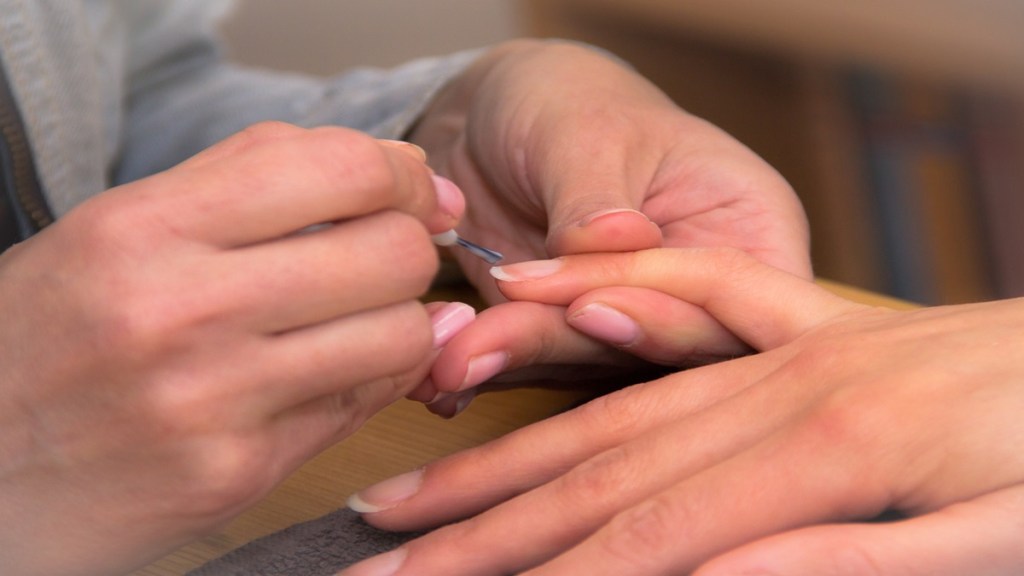A new study has revealed that toxic chemicals in fragrances, nail polishes, and shampoo may increase the risk of type 2 diabetes in women.
A team of scientists from University of Michigan who tracked and examined 1,300 middle-aged women over six years found that those who are prone to high exposure to the chemicals were 63 percent more likely to develop type 2 diabetes.
This group of chemicals, Phthalates, are used to make plastics more durable. They are also called plasticizers. However, according to scientists, these chemicals can seep through the skin and cause damage to the liver, kidney, lungs and other organs.
According to reports, the Food and Drug Administration warns these chemicals are also found in hair spray, aftershave, and other beauty products.
Moreover, scientists are investigating the link between these chemicals and the risk of womb tumors, cancer and stunting newborns’ growth.
The findings of the study were published in the Journal of Clinical Endocrinology & Metabolism today.
While conducting the study, the scientists used data from the SWAN Multipollutant Study, a survey of middle-aged women. These women were monitored from for six years — from 2000 to 2006. The urine samples taken when the study began and in 2002/2003 to test for phthalates.
The researchers examined the presence of 11 types of phthalates, including low-molecular-weight types commonly used in personal care products such as fragrances, nail polishes, and some feminine hygiene products.
They also observed levels of Di-2-ethylhexyl metabolites which is often found in plastic food packaging and some children’s toys. Over the study period, 61 women developed type 2 diabetes.
According to the scientists, the toxic chemicals may cause diabetes as they can disrupt the hormones insulin and glucagon. These hormones regulate blood sugar and trigger insulin resistance in cells.
“Our research found phthalates may contribute to a higher incidence of diabetes in women, especially White women, over a six-year period,” Dr Sung Kyun Park, a Michigan epidemiologist who led the study said as quoted by media reports. She also emphasised that further investigation is needed. She also pointed out that other factors such as obesity, a poor diet, and sleep deprivation, could also be at play.








